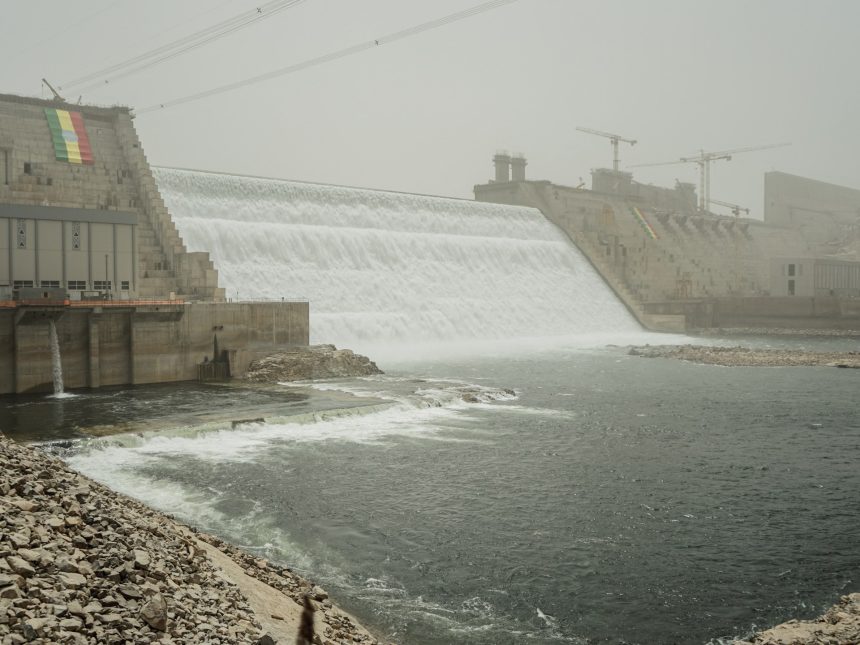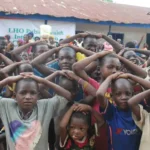[ad_1]
Protracted negotiations over the dam have failed to bring about an agreement between Ethiopia and its downstream neighbours Sudan and Egypt.
The second round of trilateral negotiations surrounding the Grand Ethiopian Renaissance Dam (GERD), which also holds immense significance for Egypt and Sudan, have ended on an inconclusive note, with Ethiopia pledging to continue talks “in good faith”.
The two-day talks, which brought together representatives from Ethiopia, Sudan and Egypt to address contentious issues surrounding the GERD project on the Blue Nile, ended on Sunday in the Ethiopian capital, Addis Ababa.
Ambassador Seleshi Bekele, head of the Ethiopian negotiating team, said in a statement on Sunday: “[The parties] exchanged constructive ideas on various outstanding issues … Ethiopia reiterates its commitment to continue negotiating in good faith.”
In a statement released by its Ministry of Water Resources and Irrigation on Sunday, Egypt said the latest round of discussions concerning the $4.2bn dam concluded without making any significant progress.
Ethiopia, the statement noted, still opposed compromise solutions or internationally agreed-upon technical arrangements that could address its specific interests related to the GERD without encroaching upon the rights and interests of the downstream nations.
The statement added that the Egyptian negotiating team remains committed to constructive negotiations with clearly defined objectives.
Fears over water access
Protracted negotiations since 2011, which have tried to find common ground on key issues such as the filling and operation of the dam as well as mechanisms for resolving any future disputes, have failed to bring about an agreement between Ethiopia and its downstream neighbours.
The dam’s potential effect on downstream water flow into Egypt and Sudan has been the most significant concern.
After years at loggerheads, Egyptian President Abdel Fattah el-Sisi and Ethiopian Prime Minister Abiy Ahmed had agreed in July to finalise a deal on the dam within four months, resuming talks in August.
Earlier this month, Ethiopia announced it had completed the fourth filling of the dam, which it views as being central to its development plans.
In February 2022, Addis Ababa announced that the dam had begun generating electricity for the first time. At full capacity, the huge hydroelectric dam – 1.8km (1.1 miles) long and 145 metres (476 feet) high – could generate more than 5,000 megawatts.
That would double Ethiopia’s production of electricity, which only half the country’s population of 120 million currently has.
Egypt and Sudan, heavily reliant on the Nile’s waters for agriculture, drinking water and overall livelihoods, have consistently emphasised the importance of finding a fair solution.
The United Nations says Egypt could “run out of water by 2025” and parts of Sudan are increasingly vulnerable to drought as a result of climate change.
Egyptian Foreign Minister Sameh Shoukry, whose country relies on the Great Nile for 97 percent of its water needs, said in an address to the UN General Assembly that Cairo wants a “binding agreement” on the dam.
“It would be a mistake to assume we can accept a fait accompli when it comes to the very lives of more than 100 million Egyptian citizens,” Shoukry said.
[ad_2]
Source link









